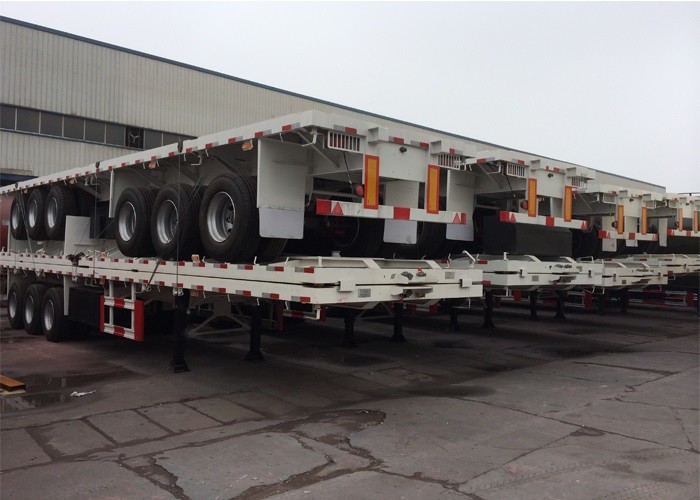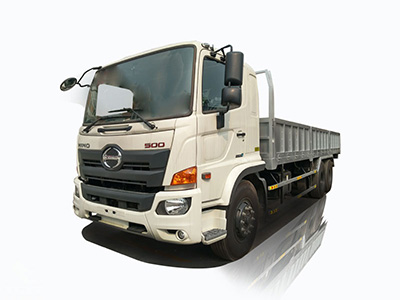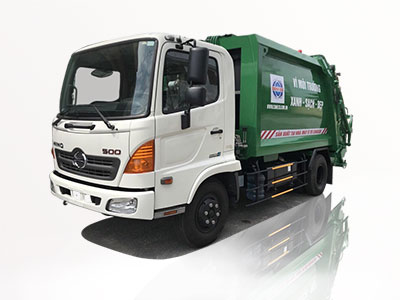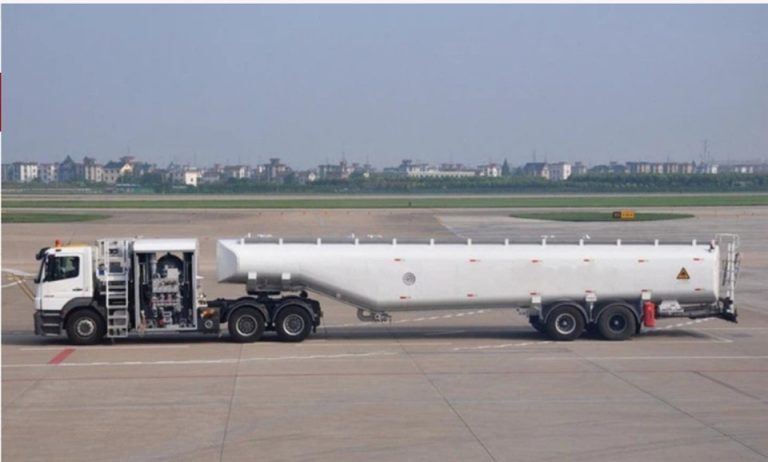When it comes to large vehicles used for transportation, the terms “truck” and “lorry” often come up in conversation. However, many people may not understand the distinctions between these two vehicles. In this article, we will delve into the varied aspects of trucks and lorries, exploring their definitions, differences, types, and practical uses. By the end of this comprehensive guide, you should have a clearer understanding of both vehicles and be better equipped to choose the right one for your needs.
What is a Truck?
A truck is a motor vehicle designed primarily to transport cargo. Trucks come in various shapes and sizes, ranging from small pickups to large transport vehicles that can carry numerous tons of goods. In the context of North America, the term “truck” encompasses all types of vehicles designed for hauling cargo.
The Evolution of Trucks
From their humble beginnings in the early 20th century, trucks have evolved significantly. Today, they boast advanced technology, improved fuel efficiency, and enhanced safety features. The evolution of trucks has been driven by the need for more efficient transportation solutions in both urban and rural environments.
Types of Trucks
| Type of Truck | Description |
|---|---|
| Pickup Truck | A small truck with an open cargo area, ideal for personal use and light hauling. |
| Box Truck | A truck with a cube-shaped cargo area, commonly used for moving furniture and deliveries. |
| Flatbed Truck | A truck with a flat open bed, suitable for transporting heavy or oversized items. |
| Dump Truck | A truck with a bed that can be raised to dump its contents, used in construction and mining. |
| Tanker Truck | A truck designed to transport liquids, such as fuel or chemicals. |
What is a Lorry?
The term “lorry” is commonly used in British English to refer to large vehicles designed for transporting goods. It is often synonymous with the term “truck” outside North America. Lorries can vary in size and configuration, and they are primarily used in commercial operations to move large shipments across long distances.
The Various Types of Lorries
Like trucks, lorries also come in a variety of types, tailored for specific cargo and industries. Here are some of the common types of lorries:
| Type of Lorry | Description |
|---|---|
| Articulated Lorry | A combination of a trailer and a tractor unit, allowing for greater cargo capacity. |
| Rigid Lorry | A lorry where the cargo area is fixed to the chassis, often used for city deliveries. |
| Refrigerated Lorry | A lorry equipped with a cooling system for transporting perishable goods. |
Key Differences Between Trucks and Lorries
Terminology and Regional Differences
The most significant difference between trucks and lorries lies in the terminology. In the U.S. and Canada, “truck” is the widely accepted term, while in the UK and other parts of the world, “lorry” is the preferred nomenclature. It is essential to be aware of the regional variations to communicate effectively.
Design and Structure
In most cases, trucks and lorries have similar designs and structures. However, lorries may often have more rigid configurations and greater cargo storage capabilities. Understanding the dimensions and weight of both types can help in selecting the right vehicle for your specific needs.
Usage and Applications
Both trucks and lorries serve similar purposes, but certain use cases may lean more towards one term. Trucks are more common in personal hauling and small businesses, while lorries are typically associated with heavy-duty commercial uses. Here are some practical examples:
- Trucks: A contractor uses a pickup truck to transport tools.
- Lorries: A logistics company uses a lorry to transport goods from a warehouse to a distribution center.
Choosing the Right Vehicle for Your Needs
Factors to Consider
When deciding between a truck and a lorry, consider these essential factors:
- Cargo Type: Evaluate what types of materials you need to transport and choose accordingly.
- Distance: Determine how far you need to transport goods; some vehicles perform better for longer distances.
- Capacity: Estimate the weight and volume of your cargo to choose a suitable vehicle.
Examples of Use Cases
Below are some situations where you might prefer one vehicle over the other:
- A small business moving furniture might opt for a truck.
- A construction company requiring heavy machinery transport would likely choose a lorry.
Maintenance Considerations
Regular Maintenance Practices
Regardless of whether you choose a truck or a lorry, regular maintenance is crucial. Here are some general maintenance tips:
- Check tire pressure and tread depth regularly.
- Inspect brakes and lights for functionality.
- Change oil and fluids as per the manufacturer’s guidelines.
Common Repairs
Be prepared for common repairs that both types of vehicles may require:
- Brake replacements due to wear and tear.
- Suspension repairs to maintain handling and safety.
- Electrical system issues impacting lights and signals.
Environmental Considerations
Fuel Efficiency
Fuel efficiency is a significant concern for both truck and lorry owners. Here are some points to consider:
- Many modern vehicles now offer diesel engines that provide better fuel economy.
- Electric trucks are emerging as an environmentally-friendly alternative.
Regulations
Be aware of regulations concerning emissions and environmental standards in your region, as they may dictate the type of vehicle you can operate legally.
FAQ Section
1. Is a lorry the same as a truck?
Yes, in British English, “lorry” is the term used for what is called a “truck” in American English. Both refer to large vehicles designed for transporting goods.
2. Which is better for small businesses, trucks or lorries?
For small businesses that require frequent short-distance deliveries, trucks are generally more suitable. Lorries are better for larger commercial operations needing to transport heavier loads.
3. What are the typical costs associated with owning a truck or lorry?
Costs may include initial purchase, insurance, maintenance, fuel, and repairs. It’s essential to budget for all these aspects when owning a large vehicle.
4. How can I improve fuel efficiency in my truck or lorry?
Regular maintenance, ensuring proper tire pressure, and using high-quality fuel can significantly improve your vehicle’s fuel efficiency.
5. Are electric trucks available?
Yes, many manufacturers are now producing electric trucks that offer an environmentally friendly alternative to traditional fuel engines.
6. What is the maximum load a truck or lorry can carry?
The maximum load depends on the specific vehicle’s make and model, as well as regional regulations. It’s vital to check local guidelines and the vehicle’s specifications.



